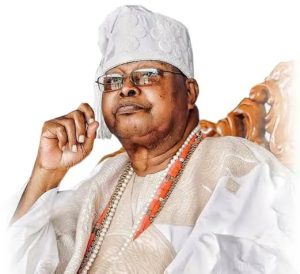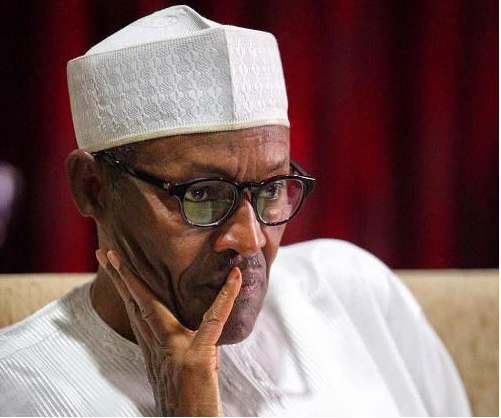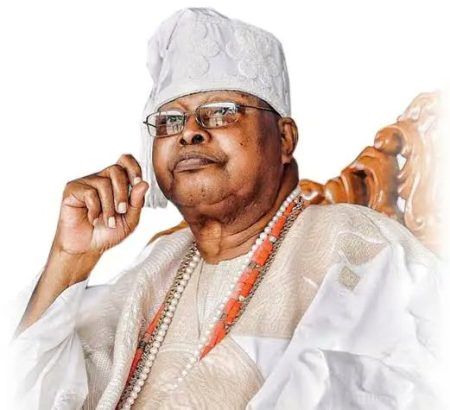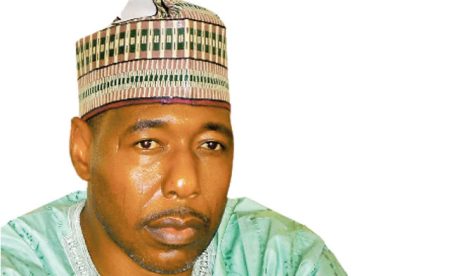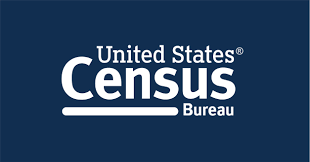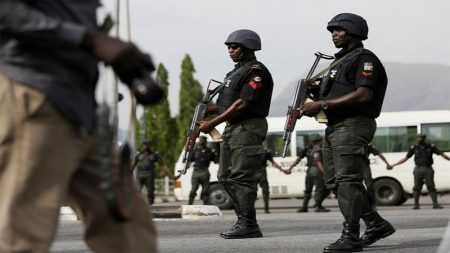Garba Shehu, former spokesperson to President Muhammadu Buhari, unveils a compelling narrative in his memoir, “According to the President: Lessons from a Presidential Spokesperson’s Experience,” offering a glimpse into the former president’s austere lifestyle and principled governance. The book, launched in Abuja, details Shehu’s eight-year tenure, revealing fascinating anecdotes that illuminate Buhari’s character and decision-making process during his presidency. A striking example of Buhari’s frugality is his rejection of a proposed N10 million monthly food budget for the State House. Upon learning of the exorbitant sum, Buhari expressed astonishment, questioning the necessity of such a lavish expenditure, particularly in contrast to his own simple dietary preferences.
Buhari’s dietary habits, as described by Shehu, reflected a man grounded in his roots, favoring traditional Nigerian staples over extravagant culinary creations. His meals primarily consisted of locally sourced ingredients and common dishes like tuwo, pap, akara, beans, wheat, salads, poultry, and mutton. This preference for simple, healthy fare, typical of ordinary Nigerians, underscored his commitment to identifying with the masses and rejecting the opulence often associated with high office. This conscious choice served as a powerful statement against wasteful spending and a symbolic connection to the everyday struggles of his fellow citizens. This frugality, Shehu argues, was not a mere political posture but a genuine reflection of Buhari’s personal values.
Further demonstrating his commitment to fiscal prudence, Buhari also declined the acquisition of five new customized Mercedes-Benz vehicles. Ordered during the waning days of the Goodluck Jonathan administration, the vehicles, with an allocated budget of N400 million, were deemed unnecessary by the incoming president. Buhari, questioning the rationale behind the purchase, pointed to the perfectly serviceable vehicles left behind by his predecessor, declaring them adequate for his needs. This decision, a clear departure from the norm of incoming administrations indulging in new official vehicles, underscored Buhari’s determination to curb unnecessary spending and prioritize the nation’s resources.
This commitment to fiscal responsibility extended beyond symbolic gestures. Buhari directed the then Permanent Secretary at the State House, Nebolisa Emodi, to implement stringent cost-cutting measures and enhance financial oversight. He insisted that all State House expenditures remain within the approved budget, effectively ending reliance on the discretionary Presidential Intervention Funds. This directive signaled a shift towards greater transparency and accountability in the management of public funds, reinforcing his commitment to prudent financial management. The message was clear: extravagance and unchecked spending would not be tolerated under his watch.
Shehu’s account reveals that Buhari’s insistence on using the vehicles inherited from his predecessor continued until one experienced a mechanical failure en route to the airport, compelling a reluctant change. This incident further highlights Buhari’s practical approach to governance and his unwavering commitment to minimizing unnecessary expenditure. It underscores a leadership style that prioritized substance over superficial displays of power and prestige, a stark contrast to the practices of some previous administrations. This incident, seemingly minor, speaks volumes about Buhari’s character and his unwavering commitment to his principles.
Shehu’s memoir also sheds light on Buhari’s deliberate approach to forming his cabinet. Upon assuming office, Buhari prioritized extensive consultations with permanent secretaries and heads of federal agencies to gain a comprehensive understanding of the myriad challenges facing the nation. This methodical approach, though criticized at the time for delaying ministerial appointments, reflects Buhari’s commitment to informed decision-making and his desire to fully grasp the complexities of governance before selecting his team. This cautious approach, while drawing public criticism, underscores a leader prioritizing thoroughness over haste. Shehu paints a picture of a leader deeply invested in understanding the intricacies of his nation’s challenges before making crucial decisions that would impact its future. This careful consideration, Shehu argues, was a testament to Buhari’s commitment to responsible leadership.


